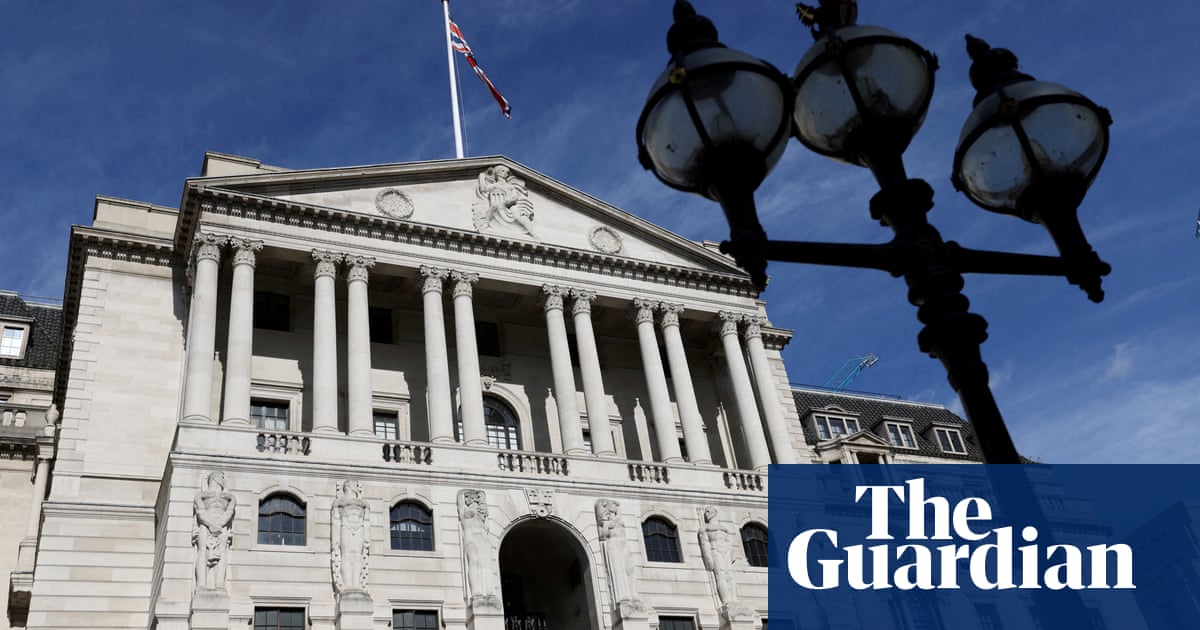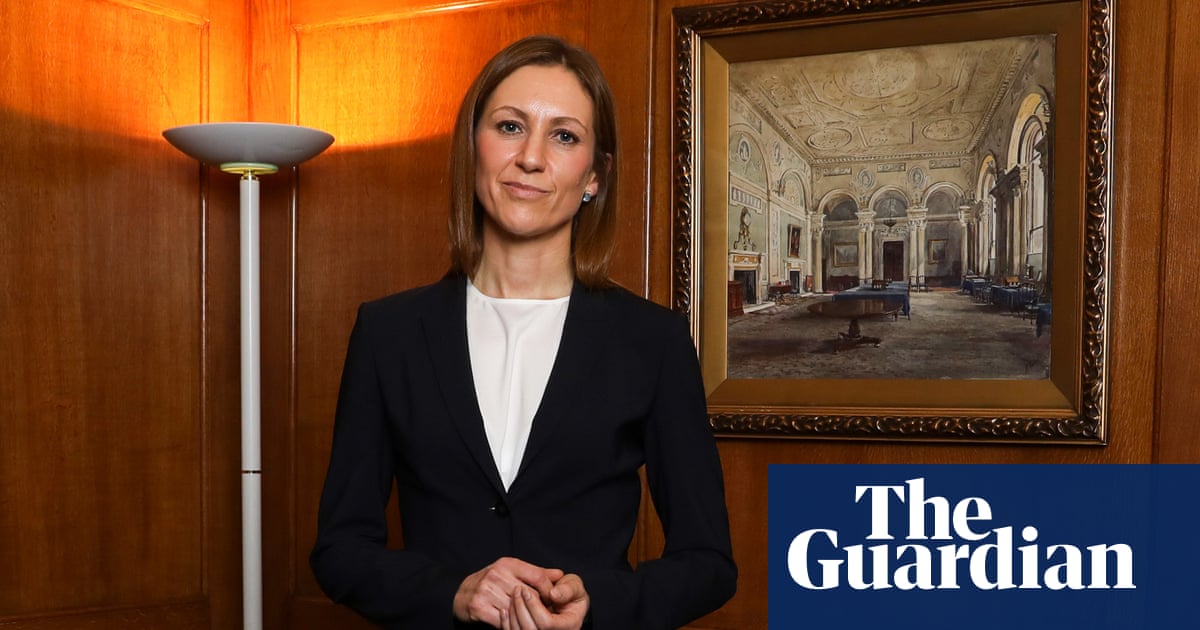
President Tayyip Erdogan"s campaign to slash Turkish interest rates began in September after he grew frustrated at the pace of central bank intervention. Three months and three rate cuts later, the lira has crashed but the president is holding firm.
Erdogan, a consistent and vocal opponent of high rates, said there is "no turning back" from the new policy, which prioritises lending and growth but saw the lira plunge 28% against the dollar in November alone.
Here is a timeline of Turkey"s economic roadmap since September, when the central bank started signalling a change in direction.
FIRST HINTS
Six months after Erdogan sacked his hawkish predecessor, Central Bank Governor Sahap Kavcioglu gave the first signals that the bank was preparing to cut interest rates from 19%, despite stubbornly high levels of inflation.
Investors invited to two conference calls with the governor noted that for the first time, he dropped past pledges to keep monetary policy tight relative to inflation.
The bank had previously said that the key rate would remain above inflation and that tight policy would be maintained decisively.
THE BANK ACTS
Two days after Kavcioglu"s comments to investors, inflation rose above the bank"s policy rate to 19.25%, and most economists believed that any rate cut was therefore still some way off.
A Reuters poll of economists before the central bank monetary policy committee"s Sept. 23 meeting showed that 17 out of 19 expected the bank to keep rates steady despite the new dovish language.
Instead, the bank stunned markets with a 100 basis point cut, pushing the lira beyond 8.8 lira to the U.S. dollar. It was to be the first of three consecutive cuts which have slashed rates to 15% and drove the lira to 14 to the dollar on Nov. 30.
The central bank has signalled another cut is possible at its next rates meeting on Dec. 16.
PURGE AT THE BANK
Erdogan has never hidden his opposition to high interest rates which he maintains - contrary to economic orthodoxy - cause inflation. He has sacked three central bank governors in three years, two of whom resisted his calls to cut rates.
In October, Reuters reported that Erdogan was frustrated with Kavcioglu that the bank had not moved earlier, and the fact that inflation remained high.
Opposition IYI Party leader Meral Aksener predicted Erdogan would fire Kavcioglu, in line with the president"s record of "washing his hands" after bad policy decisions.
Kavcioglu kept his job but on Oct 14 Erdogan sacked three of the bank"s policymakers, two of whom were seen to have opposed the September rate cut.
The move left the bank"s interest rate-setting committee staffed by members with relatively little monetary policy experience, further eroding any institutional opposition to the president"s plans.
"ECONOMIC WAR"
With polls showing support for the president and his ruling AK Party trailing the opposition, Erdogan faces his toughest electoral test yet when the country votes in 2023 - by which time Erdogan will have ruled Turkey for 20 years.
He has refused calls to alter course and declared that Turkey is fighting an "economic war of independence" which he is determined to win and which he says will deliver jobs, growth and investment.
"I reject policies that will contract our country, weaken it, condemn our people to unemployment, hunger and poverty," he said after a cabinet meeting last week, when the lira slumped 15% in a single day.
On Wednesday, he told Turks not to panic.
"What you call the exchange rate can rise today and fall tomorrow. What you call inflation rises today, falls tomorrow," he said in a speech to his ruling party. "But any increase we achieve in production and employment is a lasting gain."












